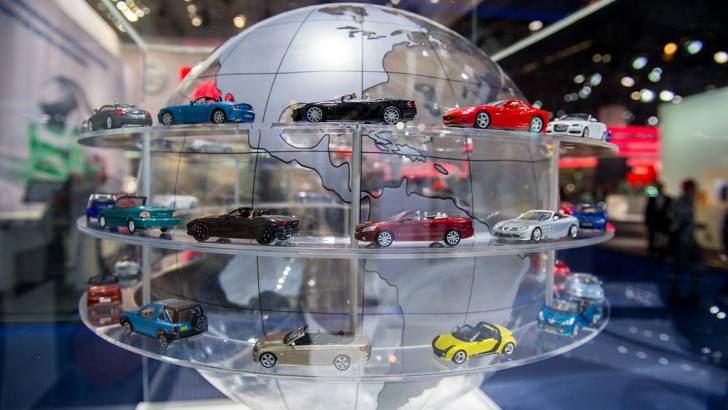The auto parts market is one of today’s fastest growing and most developed sectors of our U.S. economy. By any estimate, it contributes about 5 percent of U.S. employment during the hours of work performed in retail, transportation, and related support positions. Because so many parts are interchangeably used in a variety of makes and models of automobiles, the need for reliable and durable replacement parts has become essential. The quality of automobile parts that consumers receive has become more important than ever, making the auto parts market among the largest and most lucrative in the retail and service industries. However, quality parts are only available if they are purchased from a dependable source.
Automobile manufacturers throughout the United States have long been utilizing foreign-owned automobile parts suppliers to produce and distribute their line of vehicles. While some automobile parts suppliers operate within the confines of an existing domestic automotive company, an increasing number of foreign-owned car parts suppliers have established manufacturing operations outside the United States. In recent years, foreign-owned car parts manufacturers have introduced several new lines to the American automobile market. In addition to introducing new vehicle models, these companies have also expanded into the service, parts, and brake markets.
A growing number of auto parts providers have made online shopping convenient and accessible. Consumers can now locate and purchase car parts and other auto equipment from the comfort of their own home. There are also online shopping stores that specialize in the sale of OEM and aftermarket auto parts, as well as motorcycle and scooter parts. With an expansive inventory and millions of product options, online shopping for auto parts has never been easier.
Robert Bosch was born in Vienna, Austria in 1923. After graduating from college in mechanical engineering, he became a principal engineer for the Benzler Corporation in Northridge, California. In this position he began developing air bags for cars and later went on to become the automotive industry’s first director of product development for the brand. He held many important positions at both Bosch and Benzler, including president of their joint company, American International Corporation.
Following his retirement from the company in 1976, Bosch established himself on his own as an independent consultant. In his book “Bosch: The Making of America’s Car Industry,” he detailed the history of the auto parts industry, as well as the reasons for technological change. While he was critical of some aspects of today’s vehicle design, such as the overly complex cocking sequence used by many modern vehicles, he was particularly critical of General Motors’ use of fuel additives in its engines. In fact, he stated, “The auto parts industry, which is largely an artifact of the past, is in danger of permanently losing its ability to be independent.” Bosch’s comments accurately reflect the views of a large number of automotive engineers and scientists who do not support the unchecked abuse of fuel additives.
Japan, however, enjoys a much lower per capita production of automobiles than does the United States, and its domestic car manufacturing is certainly much less advanced than that of the United States. Despite this fact, however, Japan has developed very advanced technologies, and it is in this technological progress that the Japanese auto companies have been able to attract such global automotive companies as Honda, Toyota, Mazda, Nissan, and others to set up their factories in the country. Many automobile companies have moved their manufacturing plants to Japan over the past forty years. Many of these companies are now the world’s largest automobile manufacturers. The future of international trade, therefore, will be centered on the successful development of state-of-the-art technology transfer between countries with advanced automobile technologies.











